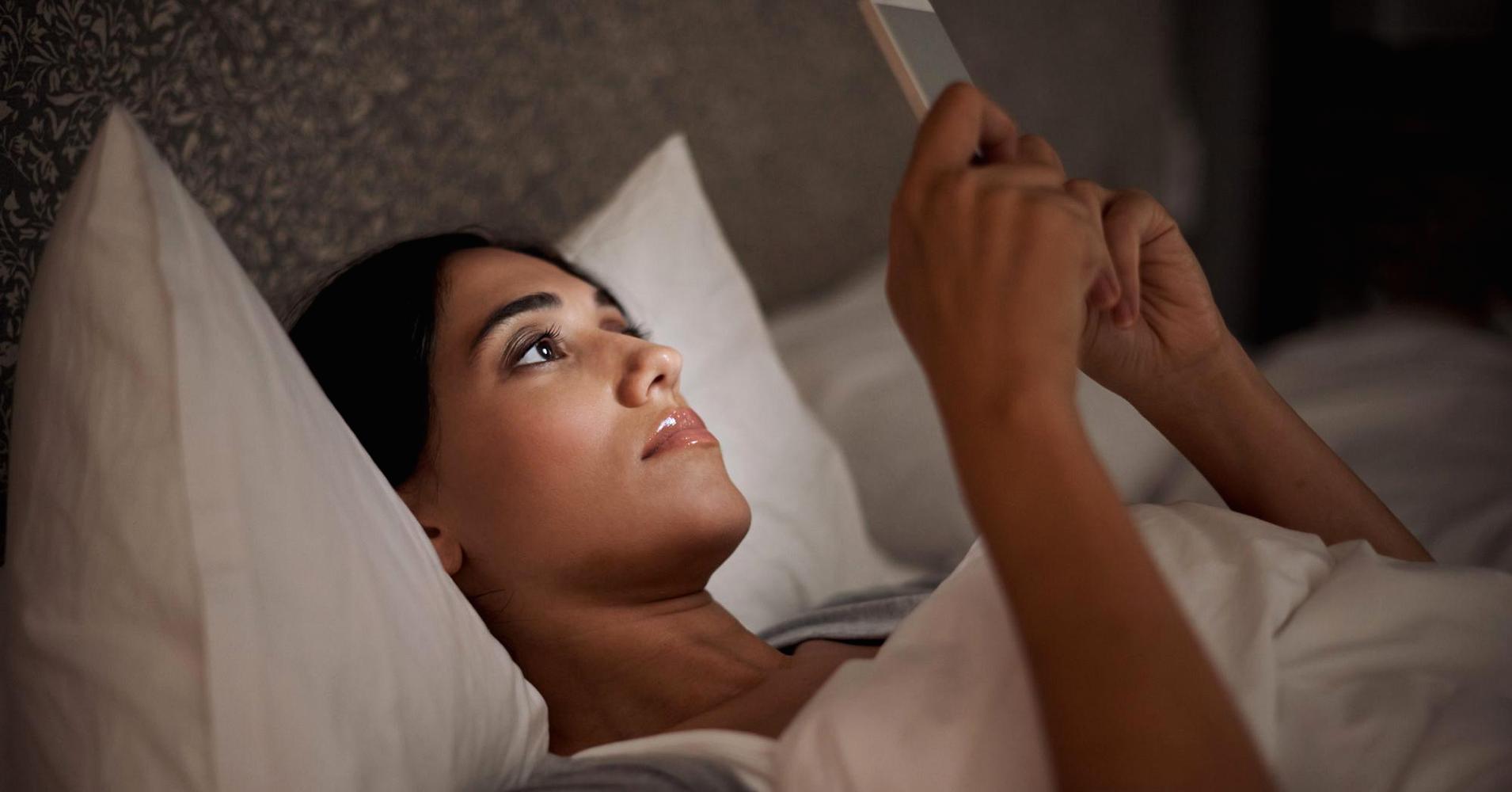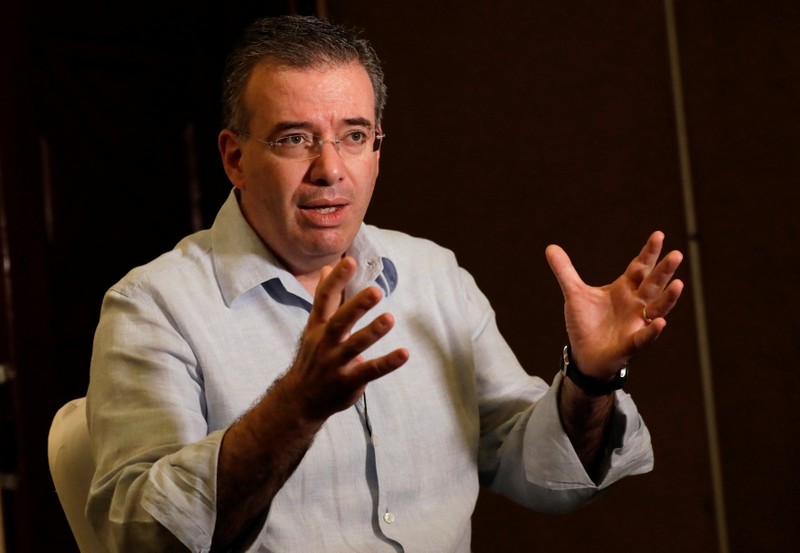
If you’re reading this, chances are you aren’t sleeping very well at night, and one of the biggest reasons why may be right in the palm of your hand.
A raft of recent data suggest Americans aren’t getting much rest, which is a bigger problem than many realize: A 2016 study from the Rand Corporation found the effects of sleep deprivation costs the U.S. up to $411 billion a year, and individuals that don’t get enough rest show an elevated chance of dying early.
Amid what scientists have discovered is a strong correlation between sleep disruption and a decline in cognitive thinking, a recent Centers for Disease Control (CDC) study showed 35 percent of adults aren’t getting sufficient rest.
A technology saturated lifestyle — where smart device owners feel compelled to email, message and post to social media with reckless abandon, and often at all hours of the day or night — is taking much of the blame.
In response, a cottage industry has cropped up encouraging people to unplug and get some sleep, with people like high-powered media mogul Arianna Huffington leading the charge. Technology makers are also coming up with a slew of new applications and functions designed to make phones less disruptive to sleep patterns.
Yet the current landscape raises an interesting question: Can consumers rely on tech-based solutions to address a problem experts largely attribute to…technology?
Some observers say the answer is both yes and no — if only because the problem itself is greater than society’s addiction to gadgets and social media.
“I’m not sure technology is totally responsible for this epidemic,” said Elliott Alpher, the director of the Alpher Center for Sleep Disorders and Jaw Pain in Washington D.C. Comparing sleep disorders to other ailments like surging obesity rates, Alpher told CNBC that lack of sleep is “a worldwide type of problem, [and] technology plays a part where our lives are very complicated.”
Those problems include long work hours, daily commutes, and a litany of family obligations, Alpher added. Taken together, all of those factors “don’t leave much time for sleep.” Meanwhile, “the available technology monitors how you’re sleeping but it doesn’t literally help you sleep, the only thing that helps you sleep is if you turn off the technology.”
Alpher’s sentiment is shared by the founder of Huffington Post, who has been on something of a crusade against persistent cellphone use. Speaking to CNBC last month, the founder and CEO of Thrive Global discussed her new app, Thrive, which is designed to help people detach from their phones and turn off distractions from social media.
Huffington acknowledged the paradox of consumers using something that “basically using technology to help us re-calibrate our relationship with technology,” Huffington said.
However, some technology makers insist the problem isn’t really technology, but the way people use it to alleviate their stress.
“There’s a link between technology and stress, but stress is bigger than technology,” said Randall Redfield, co-founder and CEO of Dreampad – a “smart” pillow that plays ambient music to help people relax and fall asleep. Like Alpher, he attributed the issue to the pressures of demanding lifestyles.
“With or without tech, we have a great deal of stress during the day, and we don’t have a way during the day of relieving,” those problems, he told CNBC in a recent interview. The average person is “in a hyped up mode during the day, and it’s tough to let that go.”
The Dreampad was originally conceived as a way to help relax autistic children, but took on a new dimension after an academic study showed the device was helpful in helping adults induce sleep. The pillow — which got a segment on “Shark Tank” but didn’t land a deal — is used by sleep clinics at Harvard, Duke and Stanford.
Unlike apps that monitor sleep or need active engagement, “by design the Dreampad is relatively low tech,” Redford explained, adding that it’s for people who want to manage stress. “That’s the real target for this.”
As a result of growing stress levels, America is suffering from poor “sleep hygiene,” according to Alpher, with many consumers in need of a deep cleaning of sorts.
“You want a technology-free bedroom: turn off all technology in your room,” he said, and suggested sleepers do a “brain dump: Write a journal and keep notes of all thing you need to do,” he added, so they don’t consume your thoughts before bed.
Among other things, alcohol, caffeine and spicy foods should also be strictly regulated before bedtime, Alpher told CNBC.
“The bedroom is strictly for sleeping, you don’t want to do anything else. You need to have peace and quiet: If your partner snores, that’s like secondhand smoke,” the doctor said. “It is linked to potential heart issues, high blood pressure, and emotional disorders. You’re very tired, not getting the biochemical changes necessary to wake up and relax. It’s a slippery slope.”
So does technology have a legitimate role to play in fixing America’s sleep crisis? Alpher voiced skepticism, and even suggested the growing list of sleep aides and trackers might even compound the problem.
“One of the big dangers we face is people will play around with all these gadgets thinking they can fix serious sleep disorders or to find out whether they have a sleep disorder,” he told CNBC.
–CNBC’s Hadley Gamble, Natasha Turak and Erin Barry contributed to this article.

